EdISU Bursaries
EdISU awards each year bursaries to ~ 1,500 students studying at the University of Pavia. For students living in College, the bursary includes both a maintenance grant and payment of College fees. For students living at home or in other, non-College accommodation, the bursary consists of the maintenance grant. EdISU therefore provides financial support to ~ 6% of the undergraduate and MSc students currently studying at the University of Pavia.
For the year 2013/14 EdISU aims to award 400 bursaries to year 1 students enrolling into undergraduate or MSc Courses of the University of Pavia, 900 bursaries to students of higher years and 40 bursaries to students registered with the University of Pavia but studying abroad for the academic year 2013/14 or part of it. These awards are made at the end of October (see below) and, typically, EdISU makes a second round of awards in the spring, subject to the availability of extra funds. The number of bursaries awarded in the second round of awards, therefore, varies from year to year.
Criteria for eligibility for 1st year students include the results of the examination at the end of the pre-University school (> 70/100) and family income. Criteria for eligibility in higher years are the results of examinations, measured by a cumulative number of credits (exemptions) and the average score. The value of EdISU bursaries varies according to the fact students live in College or otherwise. For students not living in College, bursaries range from € 1,871 to € 2,637 per year, depending on family income. For students living in College bursaries range from € 3,968 to € 5,073 per year and cover the College fee and a maintenance grant corresponding to the one listed above for students not living in College.
The current deadline for applications for EdISU bursaries is 30 September with results available by 31 October. It is envisaged though that in 2014 the deadline for application may be brought forward, probably to mid July or the end of July. Students interested in applying for an EdISU bursary for the academic year 2014/15, are requested therefore to check periodically the relevant EdISU pages in order to complete and submit the application by the due deadline. Foreign students interested in studying at Pavia and joining Collegio are welcome to contact the College Master, E Gherardi, for advice on the application procedures.
Volta Cross Country Club (VCCC)
Cross country running is a popular sport both at pre-University schools and at University level. Collegio Volta is well placed to encourage cross country running because it is located on the edge of the city and students have ready access to open fields at the back of the College and the weather in Pavia offers the full range of conditions that cross country runners expect throughout the year: rain and snow in winter, very hot temperatures and very dry ground conditions in summer. There is a small but growing number of College students engaged in cross country running inspired in the past by Benedetta Broggi, a medical students, and this led to the birth of the Volta Cross Country Club (VCCC) that hopefully will attrathe Club will hopefully foster further interest in this sport in future.
The following students enrolled in the VCCC for the academic year 2021/22 are listed below. The College has not nominated a Club Secretary for this academic year.
Andrea Baraldi
Davide Gianatti
Health & Safety
Collegio A Volta is deeply committed to develop as a place where students and staff can live and work safely and securely. On the safety front, the year 2012/13 has seen a major upgrade of the fire alarm system. On the security front the College replaced the aging, key-based system for building access with a modern system based on electronic cards. Further developments in the Health & Safety area are envisaged during the academic year 2013/14 (see below).
Safety
The improved fire alarm system that College has installed has been in operation since May 2013 and performs well. There are two further improvements that College has requested from EdISU afterward. The first improvement is the introduction of two modes of beeps as opposed to the single one currently available: for example an intermittent beep to indicate alert status without the need to evacuate the building and a continuous beep indicating that all College students and staff need to evacuate the building. The second improvement is the the positioning of posts and signs in the garden areas to indicate the fire assembly points, namely the areas where students and staff who have evacuated the building after a fire drill should gather awaiting for further instructions from the College safety officers.
Security
The new electronic card system for building access will be operational from 2 September 2013. This system brings a massive improvement to the security of College students and staff: the old system based on metal keys could not prevent malicious cloning of the keys leading to a security breakdown. Electronic cards, in contrast are very difficult to clone and can be promptly inactivated in case of damage or loss. A new gate has also been buit at the back of the College that allows direct access to College from via Abbiategrasso. This is also an important development because it enables access to College 24 hours a day from via Abbiategrasso and is can be used by wheel chair users. An unresolved security issue, instead, is the lack of external lights on the South and North fronts of the building as well as at the back of the College. There is good lighting at the front of the College but low level lighting (or better one, if possible) is required on all College sides. EdISU has committed itself to the installation of external lighting at Collegio Volta during the academic year 2013/14.
Information
Students entering College are given a copy of the College Health & Safety document (in English) or the correposnding EdISU Health & Safety document (in Italian). The two documents summarise major safety or security risks, the procedures that should be followed in order to minimise such risks (fire, flooding, etc) and the procedures that should be followed if an emergency has arisen. The two documents (Health & Safety Rules - in English - and Regole di Salute e Sicurezza - in Italian - can be downloaded from the respective links here or from the page on College Rules and Regulations.
Rules & Regulations
 |
Collegio A Volta is one of 11 Colleges or Halls of Residence at the University of Pavia governed by EdISU, a body involving University and local government and aiming to promote Higher Education. Volta shares with all other EdISU Colleges a general set of Rules and Regulations for EdISU Colleges and Halls of Residence issued in June 2011 after a review of earlier Rules. These rules have been further reviewed in August 2016 and in January 2023. The latest version can be downloaded here. |
College Rules & RegulationsIn addition, College has issued a set of specific Rules & Regulations of Collegio A Volta. These do not replace but complement and extend the EdISU ones and have to be read, understood and adhered by every member of College. Extracts of the College rules concerning House Life, Libraries, Study Rooms, Information Technology (IT) and Health & Safety are given to College students both in English and in Italian. They are given in hard copy on arrival to all new members of College, who have to confirm in writing that they have read and understood the rules in full prior to taking up residence. These specific sets of Rules & Regulations can also be downloaded from the links below by prospective students and visitors of Collegio Volta. |
|
Information Technology
Collegio Volta was the first EdISU College to provide internet access email support and a wifi network built and maintained by College graduates in Engineering. In the summer of 2014, however, coinciding with the completion of the North Wing, a new wifi network has been built covering the whole College (both the South and North wings) and offering connection speeds ranging from ..... to ...... kb/s, several times higher than the previous one.
Hardware Support
EdISU provides basic hardware support to commumal computers and printers. Requests for service must be submitted by the College staff. Students who notice a hardware problem with a College computer or printer thus need to report this to the College office who will trigger the service and report back to the sudents details of the remedial action taken.
Computer rooms
The College currently maintains two computer rooms on the second floor equipped with several PCs, two iMacs (Mac OS 9), a scanner, printer and copier. Standars software packages are installed on all computers (word processing, spreadsheets, reference managers). Students requiring additional software should notify the College office Only software made available and installed by EdISU contractors and instructed by the College office may be installed on College computers.
Network
A College wide wireless network is available. The network has been installed and is maintained by Hypergrid, a local network and network security company. Access to the College computers and network requires an account issued by the College office. Access to the intranet area of the College webpages requires a separate account that can be generated directly from the student from the home page.
Network Maintenance
Students encountering problems with internet access should submit detailed information to Hypergrid. They can do so by filling a form available both in Italian and English (the form in Italian can be downloaded here; the form in English can be downloaded here) and submitting to This email address is being protected from spambots. You need JavaScript enabled to view it. with copy to the This email address is being protected from spambots. You need JavaScript enabled to view it.. Students will be contacted directly by Hypergrid and informed of the steps taken to solve the problem. Students are also reminded that they must submit copy of their request for support to the College office for the sake of College records.
Examinations 2012/13
At the end of April 2012, 59 undergraduates expressed an interest in having their College placements confirmed in 2013/14. The final number of students eligible for placements under current EdISU rules was 57 and, on 2 August 2013, 36 students had met the EdiSU requirements and 21had failed. In the case of postgraduate students of MSc Courses, 18 students were eligible for confirmation of placements and 16 out 18 met the EdISU score (see Fig Examination Results 2012). The data on undergraduate students were analysed further by school/ faculty. The results in the second Fig on the left show that the highest failure rates involved undergraduate Courses in Engineering and Science and Maths (67% and 60% respectively) whereas the failure rates for Pharmacy and Medicine were much lower at 25% and 23%. Data for undergraduates in Social Sciences and Humanities are not shown because the number of these students at Volta is too low to analyse. The EdISU scoring system for confirmation of College placements is one that has evolved over the years and has undergone continuous adjustments to the ever changing landscape of the organisation of the Course at Italian Universities, including Pavia. The system is in need of considerable reform for the following reasons:
(i) A system in which nearly 40% of undergraduates fail to reach the set threshold needs to re-evaluate both the criteria for assessment and the underlying causes of failures, namely the structure of the University Courses and the relevant examinations (too many examinations consist of multiple parts that are set and marked at different dates and students run out of time in the process). The University of Pavia needs to undertake a major review of its teaching.
(ii) The current EdISU system requires students to meet absolute credit figures (for example 35 credits at the end of year 1, 80 or 88 at the end of year 2, etc). The system is cumbersome because many Courses keep changing the goal post (the number of total credits) and, as a result, EdISU has to adjust constantly the credit requirements, often on a ad hoc basis. This problem can be solved by replacing a system based on absolute requirements with a system based on percentage score in which students are required to reach a defined percentage of the total credits on set by the University for the relevant Course and year.
(iii) The assessment of the Courses in Engineering and Science & Maths needs specific criteria. The mission of EdISU is to promote University education across all subjects and current EdISU criteria massively penalise students of Engineering and Science & Maths (Fig above). Collegio Volta, a College named after an outstanding physicist and professor at Pavia, is determined to address this with EdISU and do everything in its power to encourage and support students reading these subjects in future years.
Examinations & Reports
EdISU assigns College placements to students enrolling at the University of Pavia based the examination at the end of the pre-University Course (> 70/100) and on family income. For confirmation of College placements in higher years, EdISU uses a credit system. The system, popular at a number of Universities, assigns a total number of credits to each year of study (typically 60, although there are many exceptions to the 60 rule in Pavia) and a score to each examination or training period. Confirmation of College placements of undergraduates and students of MSc Courses in year 2 or higher requires that a minimal number of credits, is achieved. Other categories of College students are assessed differently. These include PhD students, postgraduate medical students and postdoctoral fellows who are assessed through an annual written report. In contrast diploma students, for example the 2 year IUSS/IST Course in Construction Science, are assessed externally.
First Steps in Research (2)
First Steps in Research (1)
More...
Other Facilities
Additional College facilities include a breakfast room (with dispensers for snacks and drinks and daily newspapers, a TV room with VHS, DVD players and satellite receiver, a game room with pinball and ping-pong table and a laundry room with two washing-machines, dryer, drying racks and iron. Volta is currently exploring construction of a College Bar in the central area of the ground floor and a Music Room in the North Wing.
College gym, outdoor sport facilities, bicycles and cars
The college has a gym open 24 hours a day. It is located in two rooms on the 1st floor and is equipped with a tapis roulant, boxing bag, cyclette, rowing machine, weights and a large mirror. The College is well placed for access to the nearby sport grounds of the University Sport Association (CUS) and students have access to the football pitch and tennis court of Residenza Golgi (a 5-10 minutes bike ride). Most students at Collegio Volta cycle to their lectures and practicals.
The College has a number of bike racks that can currently house 115 bicycles and a large car park at the front of the building with capacity for 50 cars.
Study rooms, computer rooms and wifi
In addition to the two main libraries located on the ground floor, details of which are provided in a separate page, the College has 6 study rooms on the 1st and 2nd floors in which students can work individually or in small groups.
The College also has two computer rooms equipped with several computers and two high throughput printers. Libraries, study rooms and computer rooms are accessible 24 hours a day, 7 days a week. The college has wireless web connection in every room and students are assigned a computer account when they enter College together with details College policy on information technology (IT). Temporary computer accounts are offered to short term visitor, upon registration with the College office.
Lecture theatre, seminar room, supervision rooms and board room
The main College lecture theatre is a modern room on the first floor of the building offering 121 seats, microphones, projection facilities and web connection.
The College also has a large seminar room on the 2nd floor seating 25-30 people with projection facilities, which is used for smaller group meeting, two small rooms used for supervisions located on the ground floor and adjacent to the JD Bernal library and a board rooom seating 14 people also on the ground floor, adjacent to reception.
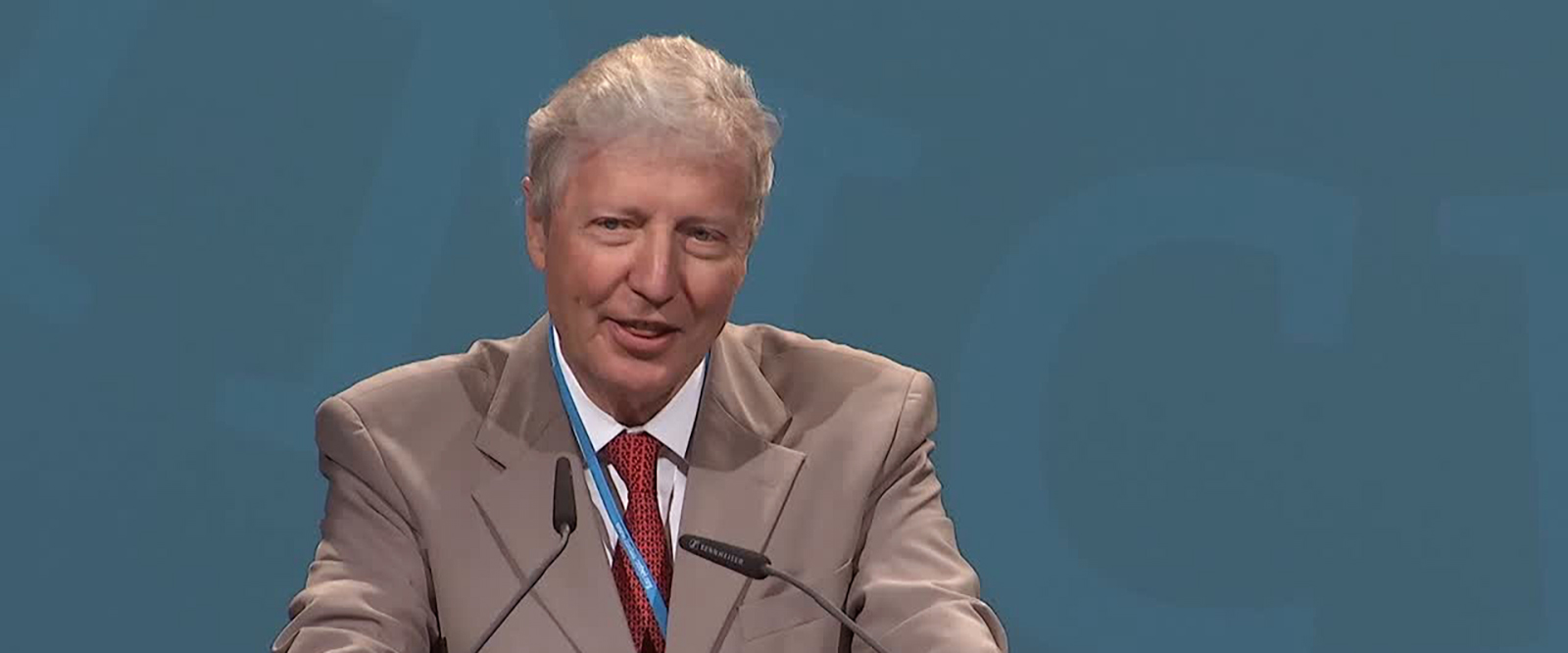
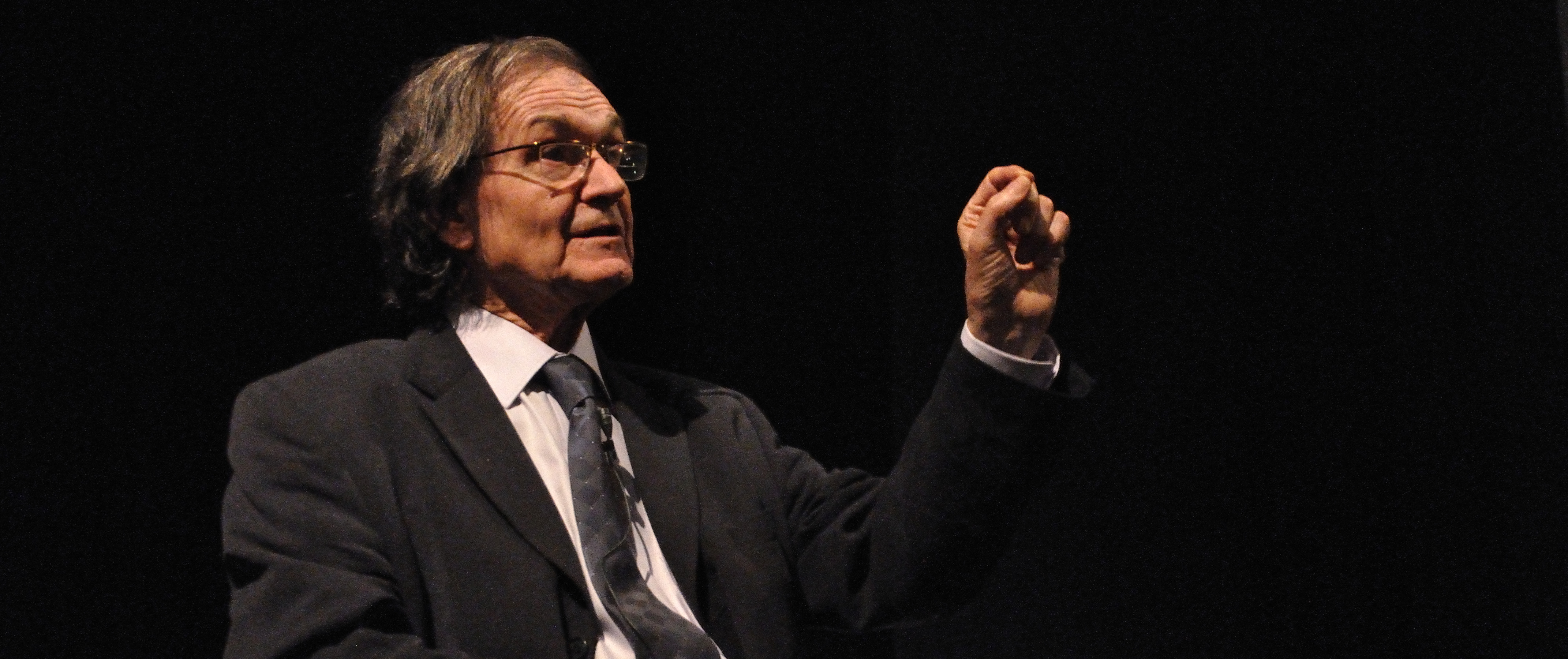
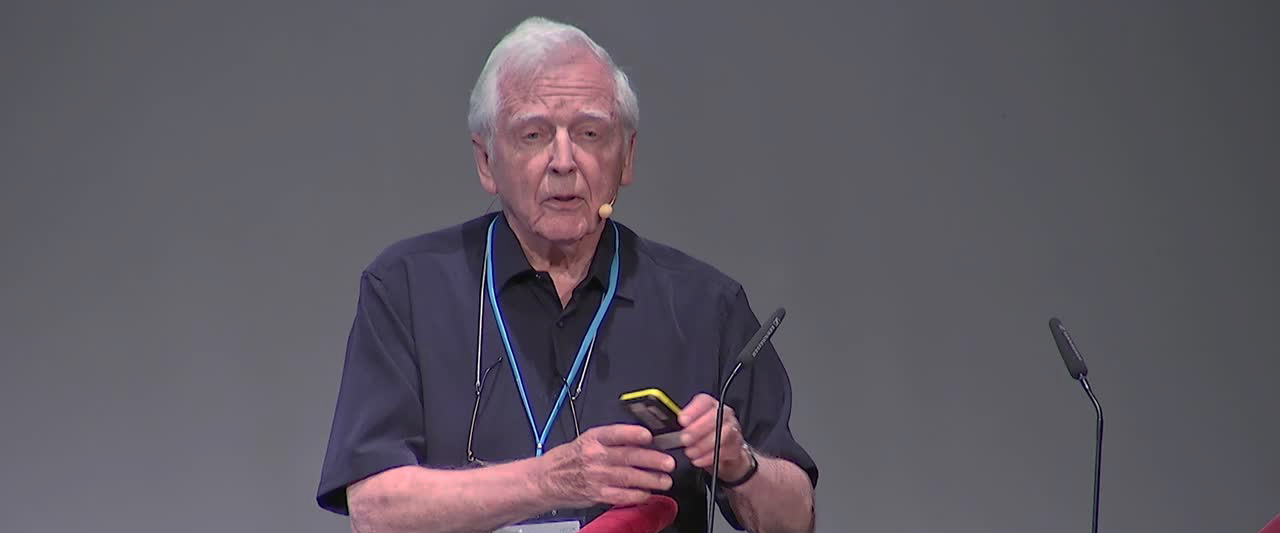
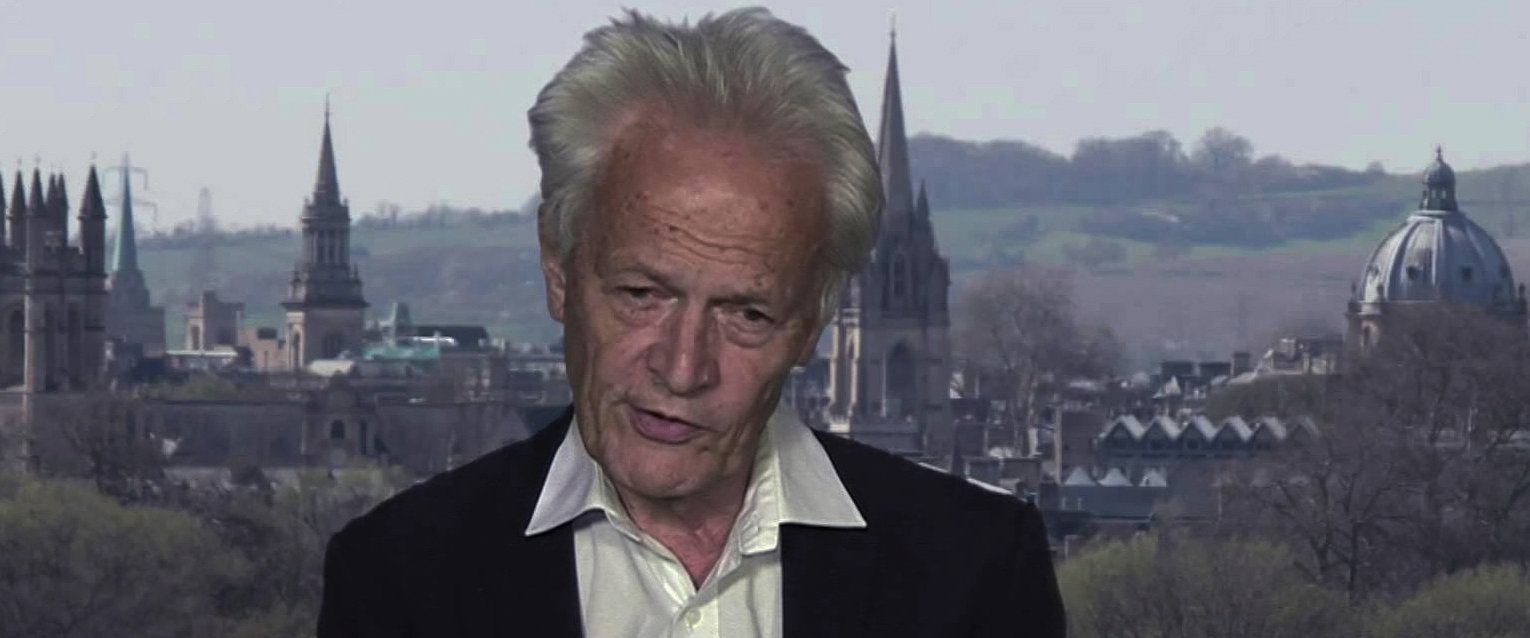
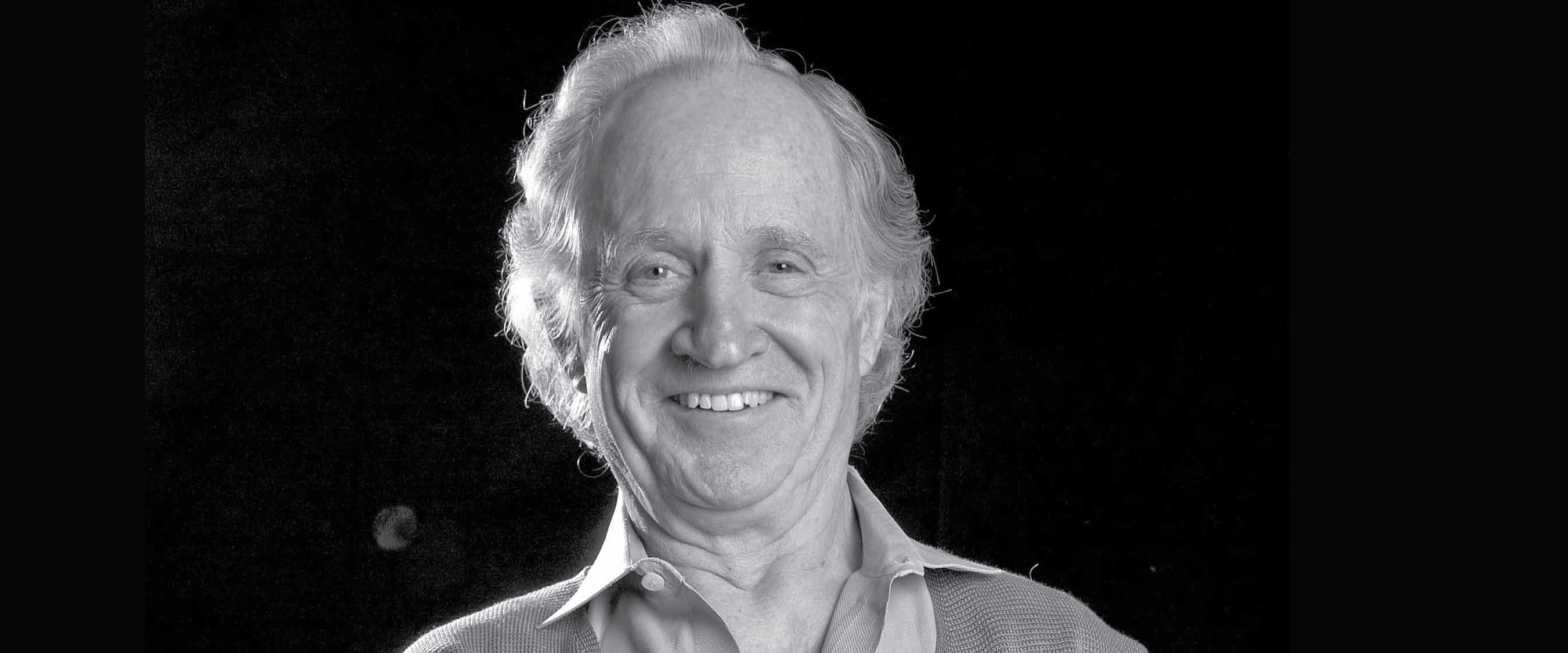
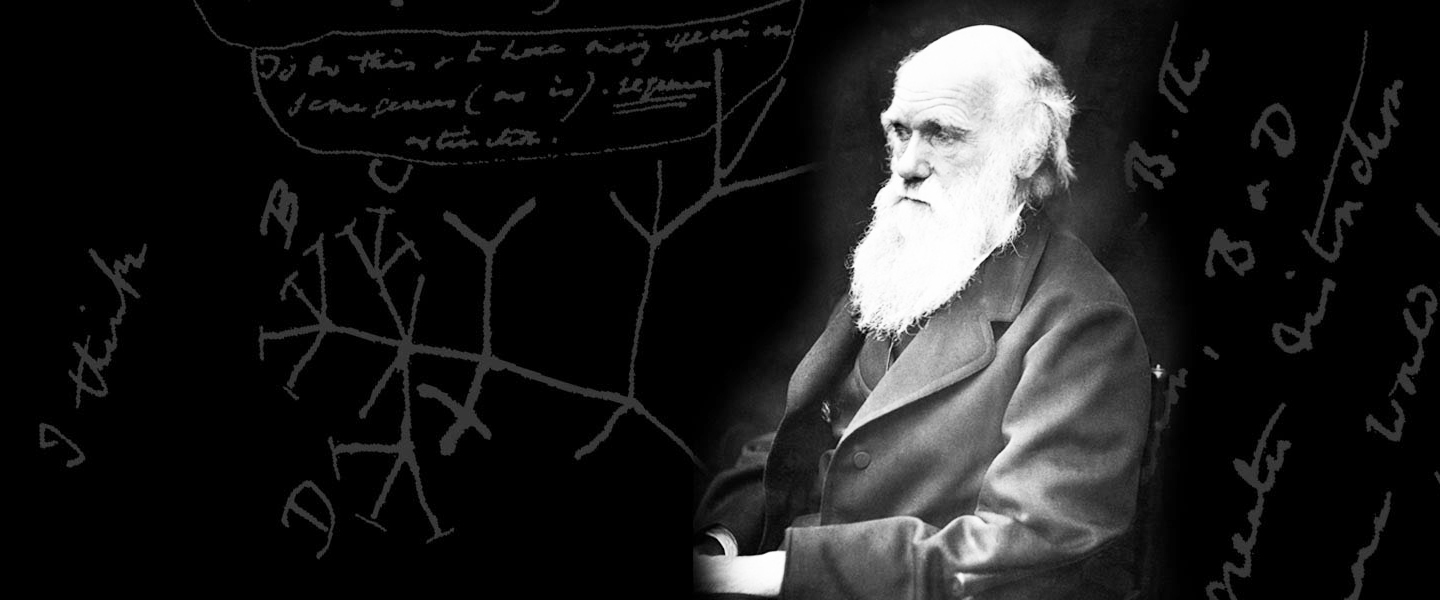


























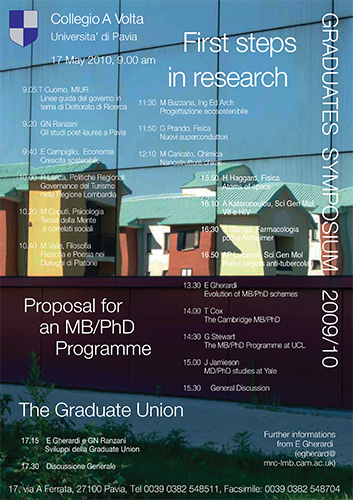
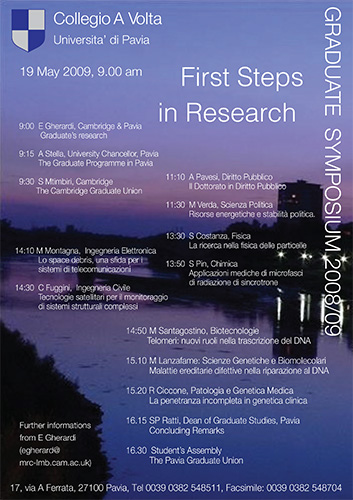




 Articles
Articles